First, you’ll find a previous version of me; below, you’ll find a current version of me. I re-surfaced a few older pictures to show you what my lean, toned body used to look like. I’m also showing you what my feminine, healthy, and strong body looks like now. Progress is such a beautiful thing. Time is such a beautiful thing. And change is such a beautiful thing. You can heal your relationship with exercise.
we all have a relationship with exercise
My relationship with exercise has changed a lot over the course of my life. I went from an intuitive exerciser, to a rigid exerciser, to the here and now: a mindful exerciser. In many ways, my journey has come full circle. I know I’m not the only who who has struggled with overexercising—or for that matter, using exercise as a coping mechanism. In sharing my story, I hope to encourage you to find a balanced, intuitive approach to exercise as well. Or in the very least, inspire you to reevaluate a few things: how you move your body, how often you move your body, and whether or not it’s actually how your body wants to be moved.
Playing sports as a child
Growing up, I participated in recreational soccer, elementary school volleyball and basketball, and swam in the summertime. At this age, I was learning how to ski, ride a boogie board, and hit tennis balls. During the school year, you could find me climbing on the playground, playing four-square or tetherball during lunch, and if a cute boy was around, I was likely practicing my dribbling skills. I was very active, but not more than most of my friends. Plus, each sport had its season, and it was truly a memorable, carefree time in my life.
I loved being a team player, and having good sportsmanship was important to my parents. In all reality, my parents just wanted me to be a dependable, contributing teammate. But above all else, they just wanted me to be happy. They also taught me how to be competitive in a healthy way—something I hope to carry on when I have children of my own. Now, was I a star athlete? Not quite. Was I great at all of these sports? Of course not. But, that didn’t deter me from thoroughly enjoying them. At the very root of it, I played sports because they were fun, because I loved spending time with my schoolmates and friends, and because my parents were (graciously) able to afford after-school activities.
During this time period, which extended all of the way through high school, exercise was never about burning calories. It was never about molding my body into a particular shape. It was never about being overly competitive. And, it was never about changing my weight.
high school sports
During high school, I played water polo, ran cross-country, and swam. Again, I didn’t participate in these sports to burn calories. At this point in my life, I don’t think I knew what a calorie was. Instead, I played sports to move my strong body, to feel a sense of camaraderie, and to hang out with my closest friends. It was truly that simple. Playing sports gave me an identity, and it gave me a beautiful sense of belonging. Plus, I distinctly remember not knowing how much I weighed as a high school athlete, and best of all, my weight didn’t matter.
exercise became a coping mechanism
Fast-forward to college. End of sophomore year, I started running on a frequent basis, learned to tolerate swimming indoors, and went to my first yoga class. Inevitably, I spent more time at the gym. In turn, I made friends who frequented the gym as often as I did. While my exercise habits weren’t obsessive at this point, things slowly started to change. Over the course of the next year or so, exercise became a coping mechanism. A crutch. It was a way for me to find stability when my emotions were anything but. I went through a breakup that rocked me to my core, left to study abroad, and got quite homesick. Once I returned, I didn’t get better. I began my term as a sorority president while balancing a full-load of classes and part-time babysitting. It was all too much. In my spare time, the only things I could keep steady were the miles I logged on the treadmill, the hours I racked flowing on my yoga mat, and the minutes I spent lifting weights.
i lost my menstrual cycle
To top it off, I wasn’t eating enough to sustain the amount of exercise I was doing. I ate very, very clean. Thus, I lost my menstrual cycle. I was never formally diagnosed with hypothalamic amenorrhea, but I had all the signs and symptoms. Due to overexercising and under-eating, I didn’t have enough body fat to sustain my menstrual cycle. For many women, having a naturally occurring cycle is significantly correlated to exercise. Having it is an indicator that the amount / intensity of your exercise routine isn’t creating too much stress on your body.
A Turning point
Thankfully, my family and a close friend swooped in and gave me the support I needed. I knew, almost instantly, that I needed to make a few significant lifestyle adjustments. But looking back, I only semi-healed. Throughout the rest of my college days (and into my early post-grad years), I still exercised a lot. I found an intense style of bootcamp yoga with weights, and I was there 5-6x per week. Some days, I took more than one yoga class. This wasn’t—and isn’t—healthy.
The catalyst that changed everything
Let’s jump to 2013. That’s when I started dating my (now) husband. Miraculously, things started to shift. The more time we spent together, the more I realized that my beloved tie to eating clean and exercising daily wasn’t healthy. One wintry Sunday morning—and I’ll never forget this—we got in a terrible argument. He kindly wanted to take me on a spontaneous date, and I chose to go workout instead.
As you can imagine, it wasn’t the right choice. But, this was a pivotal, life-changing moment for me. I realized how out of whack my priorities were, and I vowed to myself that change was on the horizon. Over time, he helped me loosen my grip on all things exercise and food. And, although it took a handful of transparent, emotional conversations to get honest with my struggles, I eventually told him everything.
But because he is who he is, he never once judged me, pushed me away, or thought differently of me. All he did was ask how he could help. Our relationship grew ten-fold because of my honesty and because of his understanding. At the time, he didn’t realize the scope of the impact he was having on me. But without a doubt, he was my catalyst for change.
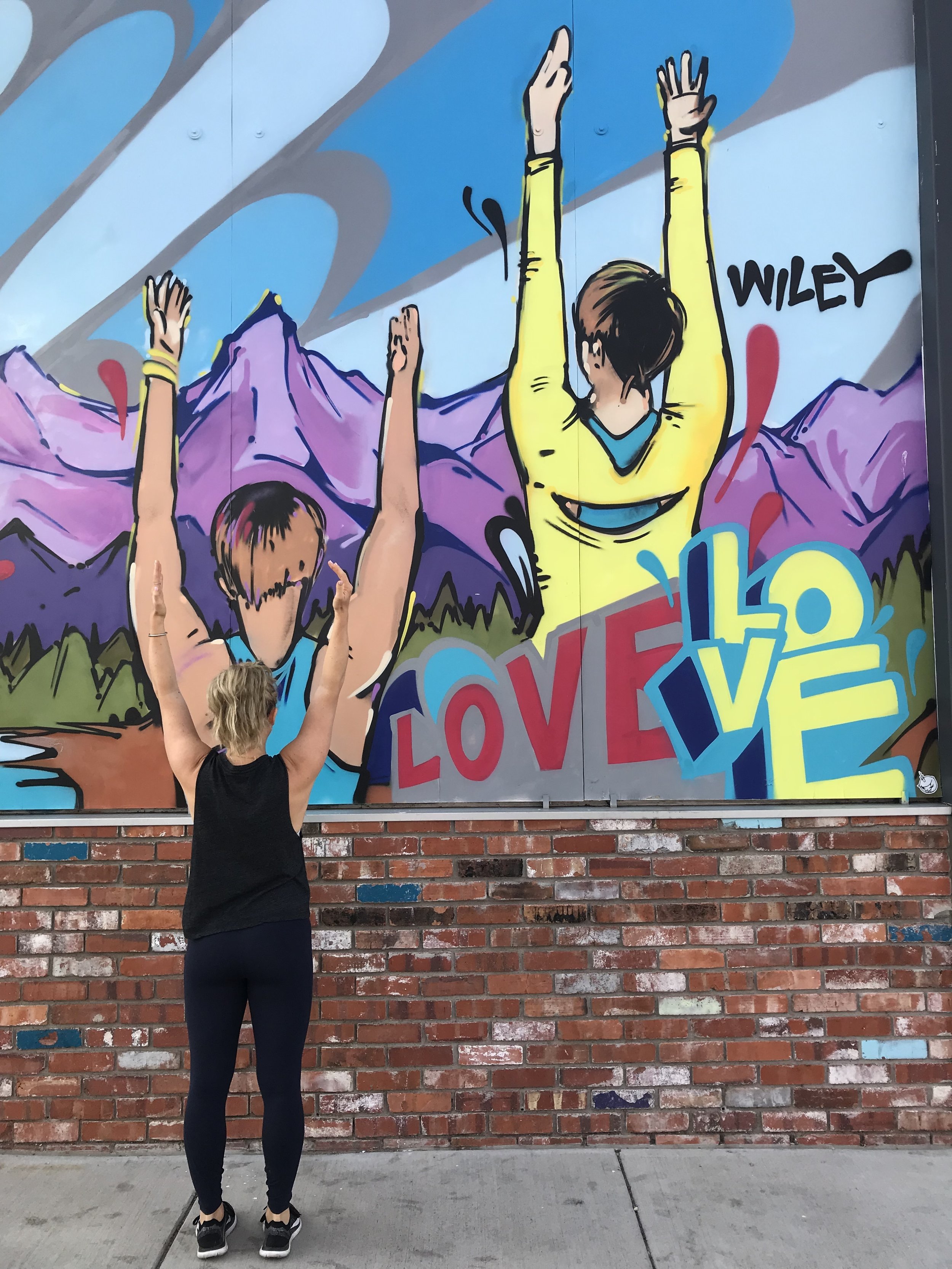
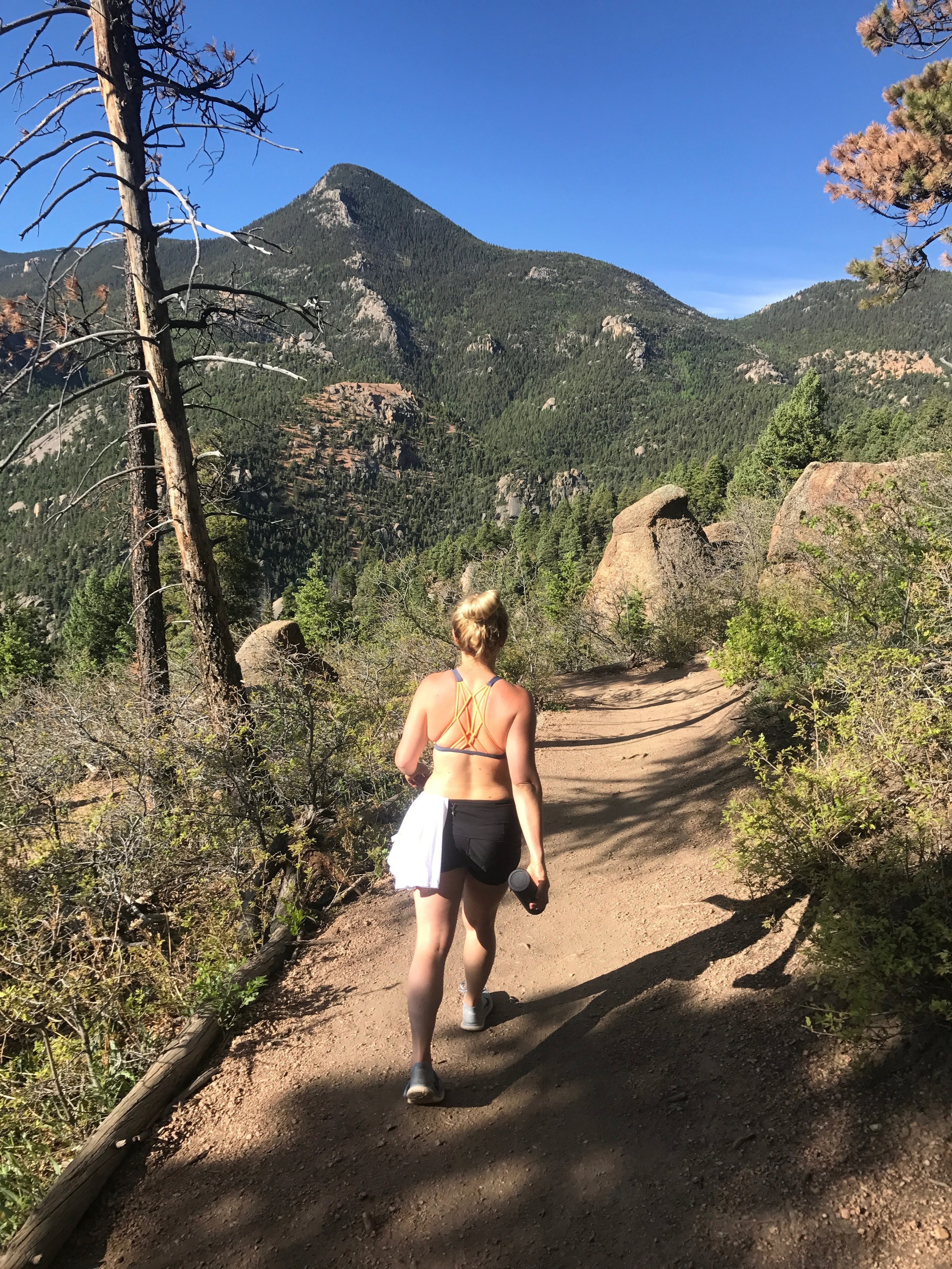
Fast forward to today
One thing’s for certain: My old exercise habits are years behind me. You won’t find me lifting weights like I did when I was 23. You won’t find me running like I did when I was 19. And for that matter, you won’t find me playing basketball like I did when I was 10. I’ve found styles of movement that fit my current life, and they’re not dictated by anyone other than myself.
To this day, my workouts aren’t the focal point of my life. I do appreciate a good endorphin high, I love the mental clarity I get from taking time away from my computer, and I’ve made very close friends at my local yoga studio. I also view exercise as a form of self-care. However, I’m careful to ensure that the pendulum doesn’t swing too far in either direction. As soon as I feel myself exercising for reasons other than mental clarity, to see my friends, and to feel strong in my body, I take a step back. I’ve found that it’s incredibly important to constantly be re-evaluating my relationship with exercise—I don’t want it to be at one extreme or another.
honoring what my body wants
Nowadays, I honor what my body wants, not what I want for my body. I enjoy walking, yoga, pilates, and short spin classes. I mix it up, and I don’t exercise every day. I listen to my body and I hardly ever workout early in the morning. I’d much rather sleep. Some days, I don’t get the chance to leave my apartment. Other days, I’ll go on a 30-minute walk and listen to a podcast. It’s not uncommon for me to take off quite a few days in a row. Other weeks, I move my body 5-6 times. It just truly depends on how I’m feeling and where I’m at in my menstrual cycle. Furthermore, I’m actually eating enough to sustain my workouts. I know this because I have plenty of energy while I exercise, I don’t feel achy or sore after my workouts, I’m sleeping soundly, and I’m naturally getting my menstrual cycle.
Let’s heal your relationship with exercise
If you think you might be over-exercising, reach out to me. I help my clients find ways to move their bodies in a supportive, balanced way. If exercise is a form of punishment, habitual calorie burn, or a way to morph your body into something it genetically isn’t, etc., let’s work together. We can change this. Having a positive, gentle, and healthy relationship with exercise is so, so important. While my body certainly doesn’t look like it did when I was in my early 20s, I truly love and appreciate how it looks (and feels) now. I have more body fat, more muscle in my legs, more strength, and an aura of feminism that I didn’t have previously.
The last thing I’ll leave you with: I believe that movement is a beautiful, celebratory thing. We all need it. But, if movement is the reason why you forego socializing with friends, it’s the reason why you’re getting less than 7 hours of sleep, and it’s the reason why you justify eating dessert, maybe it’s time to reevaluate how exercise plays a role in your life.
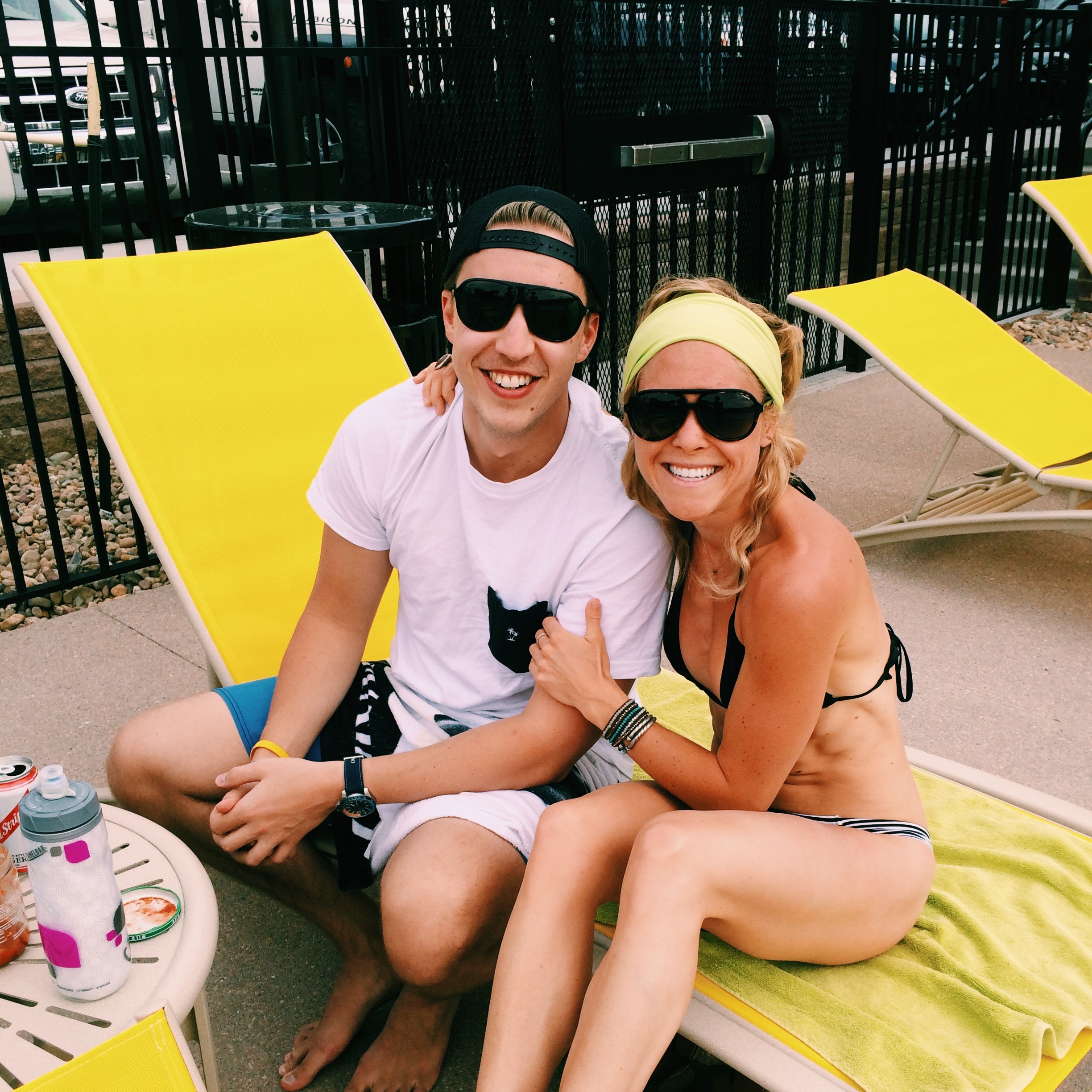
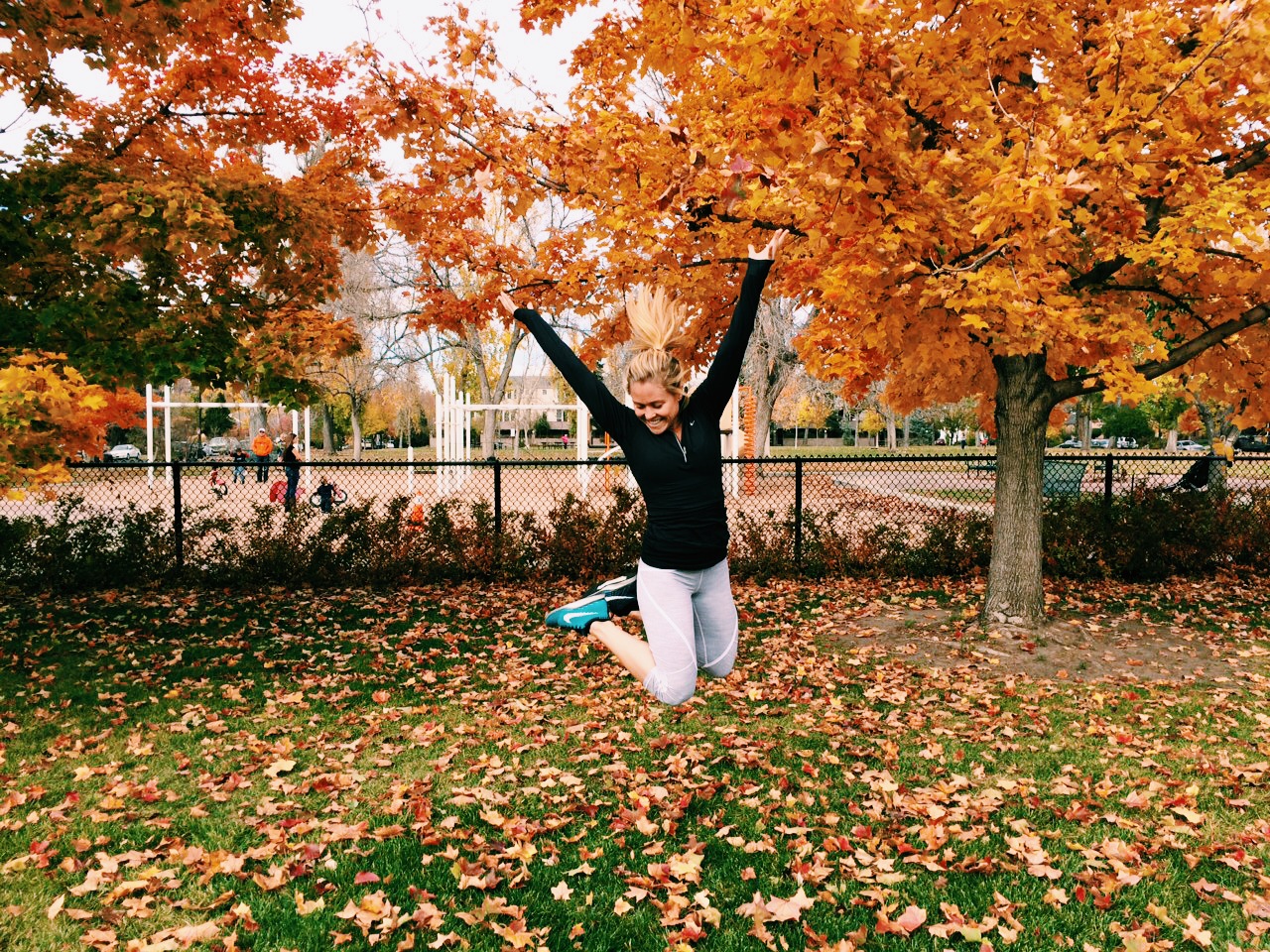

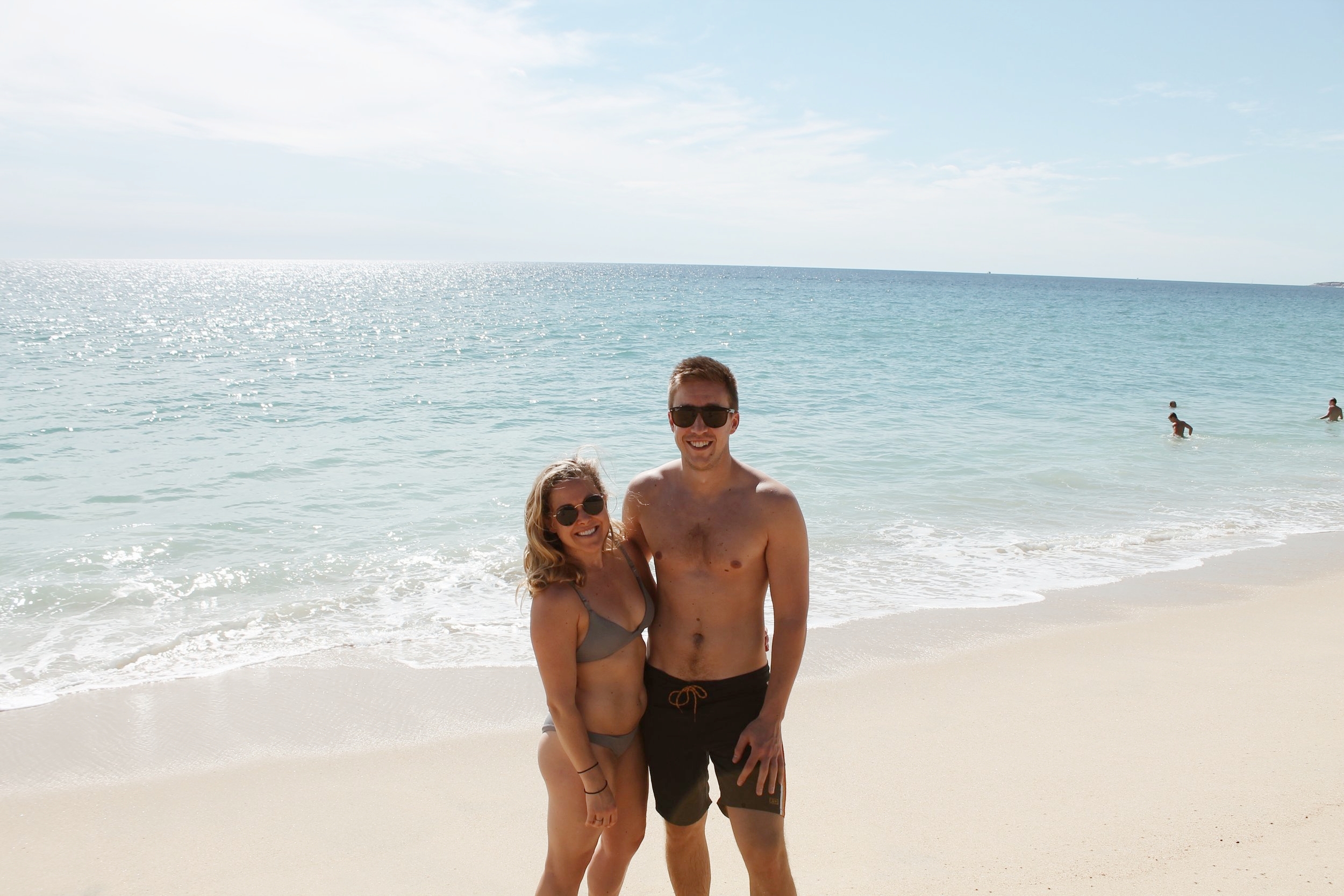
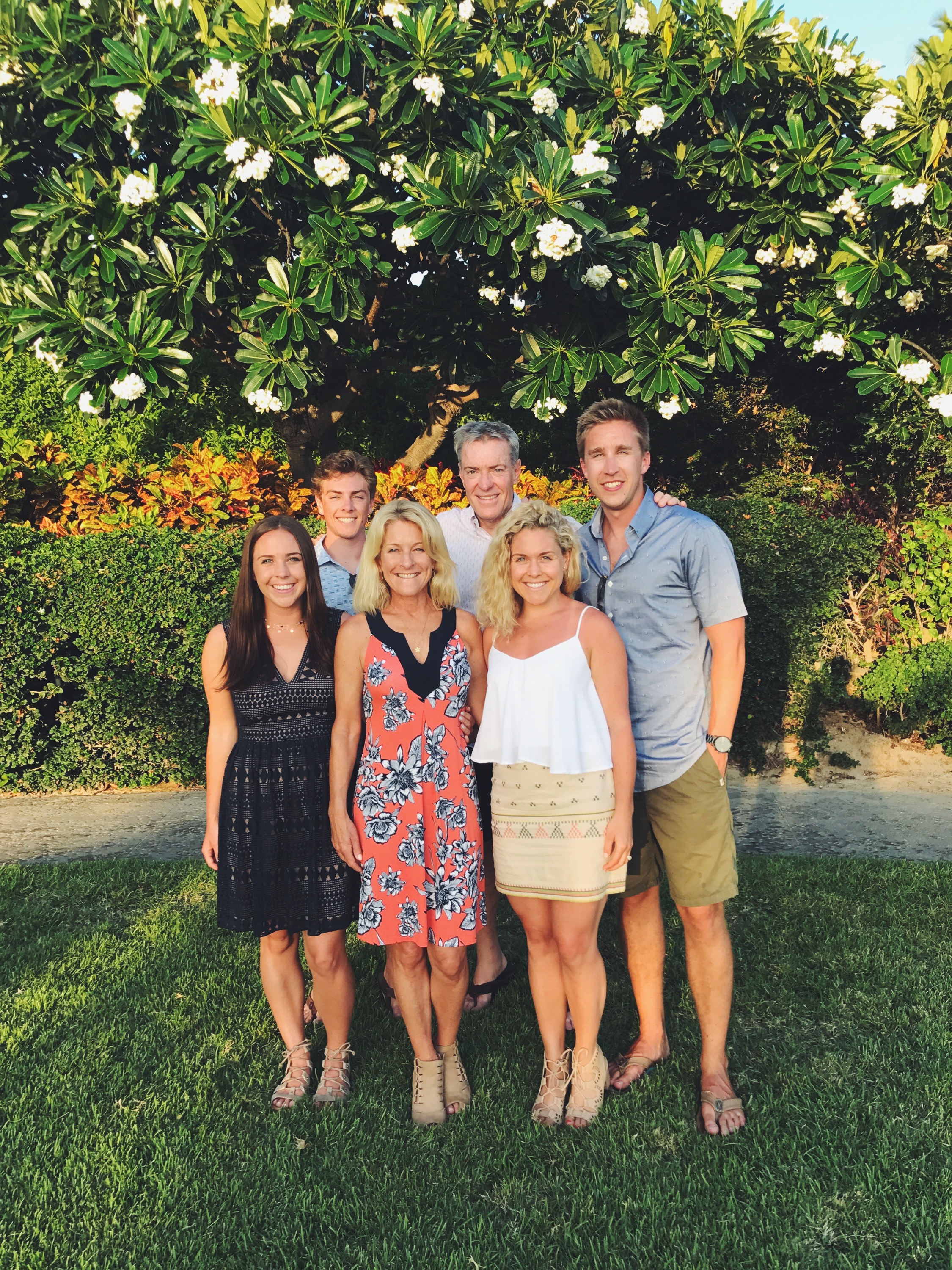

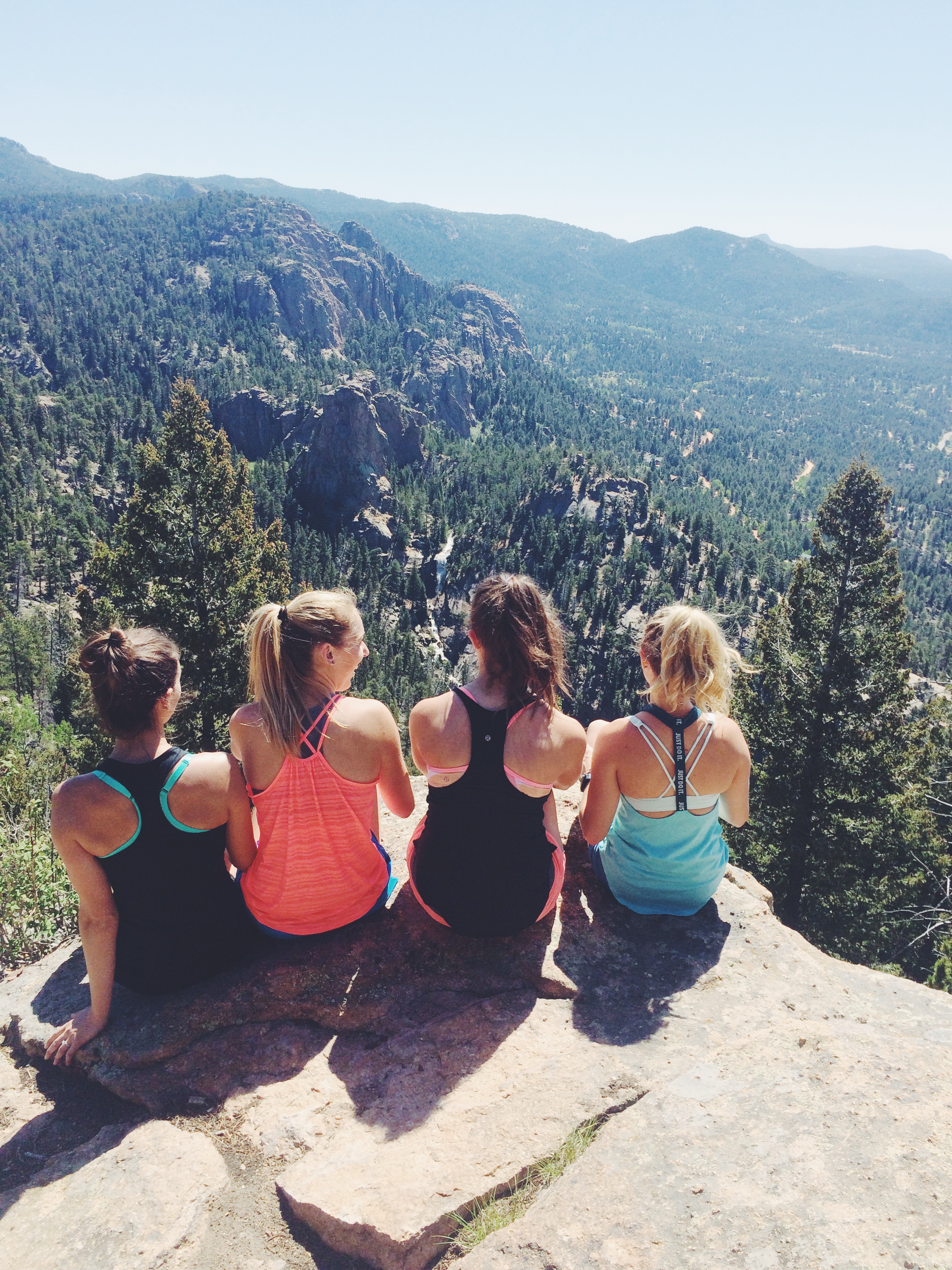



Very inspiring Edie – I set exercise goals and if I don’t hit that goal each week, I stress it a little. Maybe it’s time I change things up a little bit.